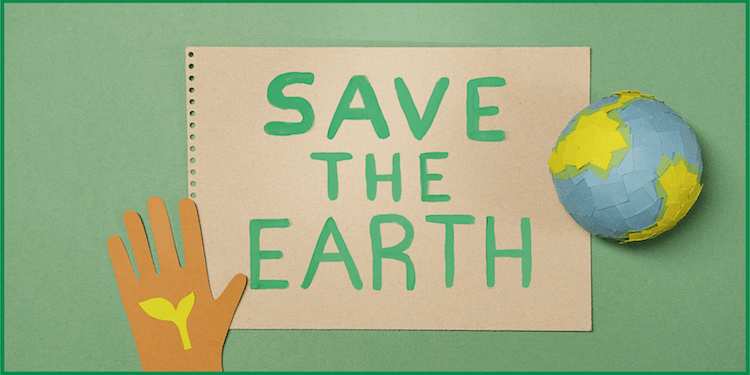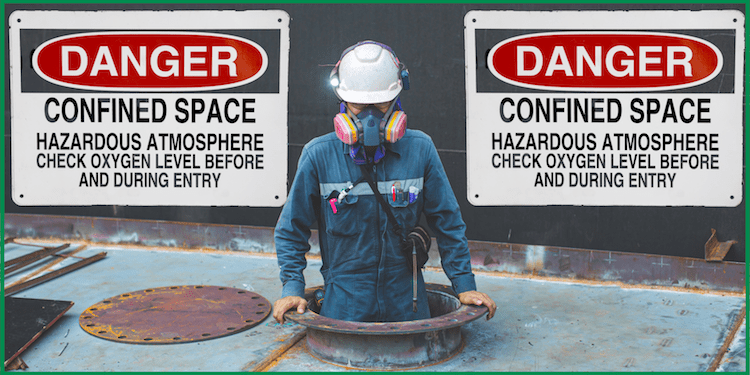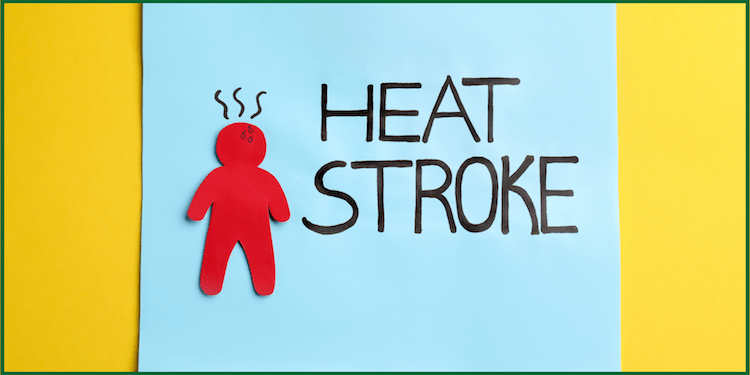The environment, i.e., our surroundings, is not just our inhabitant but also gives us a gift of living. And saving the environment should be prioritized.
The environment supports our existence in uncountable ways, including consuming food, water, air, oxygen, etc.
Environmental conservation, protection, and saving the environment is our core responsibility.
Our daily acts can sometimes put everything at risk, not excluding humans.
Humans’ contact with the surroundings should be such that; we benefit ourselves with the assets that the environment provides while being environmentally friendly.
We must guarantee that our activities do not affect the environment negatively, as we will be the ones to bear the consequences afterward.
Importance of environmental conservation
While many may take this for granted – it is vital to understand that humans have nowhere else to turn to live except the earth.
Improper care of the environment will threaten the existence of life.
Climate change, which could result in a shortage of rain to grow crops, i.e., famine, contaminated water, and a slew of other problems, is what humans will experience if the environment is not well-taken care of.
Therefore, if we value our existence, we must protect and conserve the environment.
How to practice environmental protection?
To conserve and protect the environment, here are some steps to take:
- Make 3R Waste Management a part of your life
These are the most effective measures for ensuring that less garbage enters landfills, resulting in fewer pollutants. “Reduce, Reuse, and Recycle” are the three Rs of trash control.
Humans could be close to protecting the ecosystem if waste product limitations are enforced.
We can recycle what we can’t reuse to generate new items, reducing the need for fresh raw materials. We can cut down fewer forests to manufacture new papers if we reuse our papers.
Recycling will help guarantee that items like plastics do not wind up in waterways, such as seas, where they might endanger aquatic life.
- Water conservation is essential.
It can be easy to protect our ecosystem. Even seemingly insignificant details can have a massive effect.
Regarding water, shutting off the taps after each use guarantees we do not squander this valuable resource.
It’s also a good idea to repair all leaking water taps to prevent water from seeping out wastefully.
- Make use of renewable energy sources.
Most of the energy we use to power our daily lives emits pollutants that may damage the environment.
Fossil fuels are a primary source of greenhouse gases. Greenhouse gases like CO2 are detrimental to living organisms.
Lowering such items’ usage can help minimize greenhouse gas reactions and make our way to a healthier environment.
Furthermore, if petroleum escapes during conveyance, land and water may have catastrophic consequences.
Therefore, we should employ renewable, pure energy sources such as solar, air, biofuels, etc.
Consequences of poor environmental care
- Drinking-Water Scarcity
Pollution and environmental damage result from a lack of concern for our environment. If we contaminate neat water sources, we will have less pure water for drinking.
Water is a crucial element of life. Without water, there would be no livelihood.
However, if we don’t have access to fresh water, we will destroy the existence of living creatures.
The automobiles we drive, the companies we work in, and the power plants we use all emit dangerous pollutants into the atmosphere.
We shall encounter more obstacles and illnesses as the environment becomes exceptionally damaging.
And According to United Nations research, air pollution causes 300,000 and 700,000 casualties annually.
- Hazardous Solid Wastes
We usually leave trash spread throughout the place. These garbage places can serve as nesting sites for germs and illnesses; that harm humans. All of this is terrible for us and the coming generations.
Some solid pollutants clog water passageways and drainage systems, threatening human life.
- Scarcity of food
Deforestation and mining are two examples of activities that degrade soil health.
Poor soil quality causes decreased food productivity and a population-wide food problem.
Soil pollution is an element in agricultural production, and food shortages would result if not treated.
- Biodiversity is disappearing
The death of some creatures is a possibility if we do not take care of the planet. We shall be deprived of some critical living necessities if biodiversity diminishes.
Also, some medicinal plants may become extinct, significantly harming humanity.
Environmental Regulations
Polluted sources and air will have terrible consequences, including illnesses; like; cancer and cardiovascular sickness.
Therefore, everyone has a responsibility to ensure; we all dwell hygienically.
United States researchers informed that air pollution is a primary cause of various health problems, including asthma and cardiac arrest, early death, bronchitis, and other respiratory illnesses.
And our interior environment is two to five times extra contaminated than the outside environment.
Federal Environmental Laws:
1. Clean Air Act
2. Clean Water Act
3. Comprehensive Environmental Response, Compensation, and Liability Act (CERCLA)
4. Endangered Species Act
5. National Environmental Policy Act (NEPA)
6. Pollution Prevention Act
7. Resource Conservation and Recovery Act (RCRA)
8. Safe Drinking Water Act (SDWA)
Benefits of environmental protection
- Improved health and wellness
We can have a healthier and more hygienic dwelling if we care better for our surroundings.
Suppose we disregard the environment and engage in activities that destroy it. In that case, we will face massive challenges in obtaining clean basics such as water, nourishment, and habitat.
- Protection against extinction
Environmental protection benefits both the ecosystem and humanity. Most human actions have an impact on the ecosystem in some manner.
We put numerous species on extinction if we negatively influence the ecosystem. If we contaminate water sources with trash or spill petroleum, we kill the creatures that dwell there.
Therefore, we should consider; how we generate, utilize, and remove solid wastes.
The Bottom Line
As humans, we must take care of our environment. We must safeguard our environment if; we are to ensure a healthy existence for ourselves and the following generations.
Do you enjoy this reading? Kindly share with family, friends, and colleagues. Thanks 🙂



